Medicinal Foods for Holiday Mishaps
Summer is here and within the next few weeks many of us will be setting off on their summer holidays. Whether this year’s holiday takes you to more exotic climates or whether you are staying closer to home, there are certain mishaps of the first aid or illness variety, which unfortunately can commonly put a damper on that holiday excitement. Did you know though that certain foods can be excellent at helping treat or reduce some of the symptoms of some common holiday ills, so make sure you are prepared for your holiday and take on board the advice below.
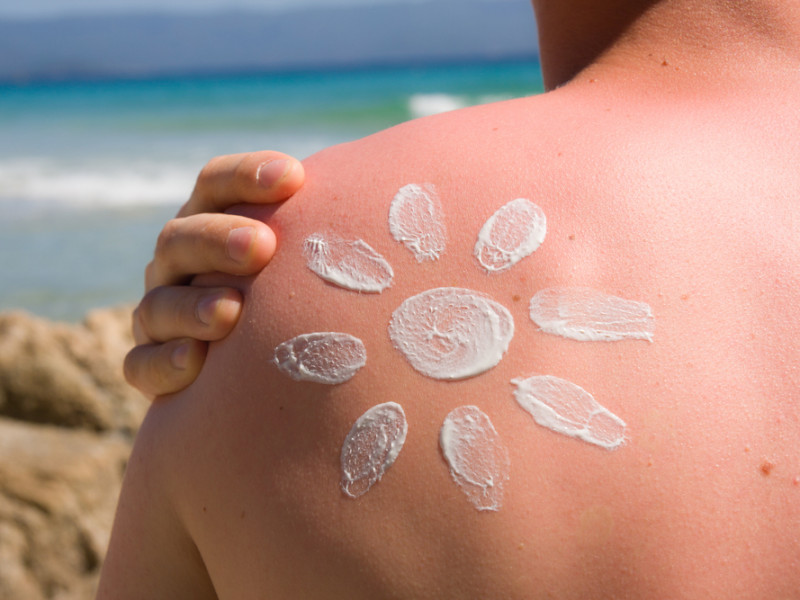
Sun burn
Sometimes, no matter how careful you think you have been, the sun can cause misery for the skin if left exposed without protection for prolonged periods of time. Whether you have accidently missed a body part whilst applying the sun cream, fallen asleep in the sun, or had too many holiday cocktails, which has left you forgetting to cover up, many people can suffer from sun burn whilst on their holidays.
Anyone who has suffered this knows how painful it can be and treating it quickly can help minimise the pain and make sure your burn heals quickly. Now thinking of tea in this situation may not be the first thing that springs to mind, however it can really help…….not drinking it, but applying it directly to your sun burn.
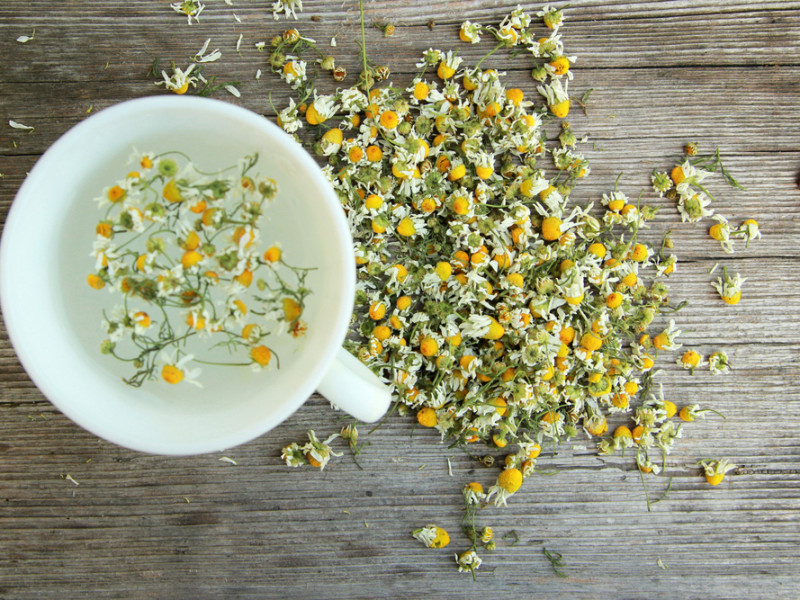
Tea
Tea, in all its varieties, can be really effective at taking the heat out of sunburn and can also help to heal the skin more quickly. Black tea, green tea, mint tea and chamomile tea are particularly good and can be used individually or mixed together to make a natural tea remedy and applied directly to the skin. Black tea contains the highest source of tannins of all the teas, which are a specific type of polyphenol, which can really help take the burn and sting out of sunburn. Green tea is high in ECGC (epigallocatechin-3-gallate), which is a specific type of catechin that has anti-inflammatory properties and skin healing properties so again can be useful in helping the healing process of sunburn. Chamomile tea has soothing properties and mint tea has cooling properties, both of which are also advantageous when it comes to sun burn.
There are a number of ways in which tea can be applied to the skin including, soaking tea bags in water and apply directly to the affected area. Or if bigger areas of the skin are affected, and a tea bag just won’t do, add hot water to a bowl containing 3-4 tea bags and ‘brew’ and stir as if you were going to drink it. Leave in the fridge to cool and then soak a cloth in the tea mixture and cover the sun burn with the cloth. Repeat a few times over the course of an hour and in the following days of needed. You can also add your tea bags to a warm bath and soak your skin that way.
If tea bags are not available, milk is another great healing food when it comes to sun burn. Making a milk compress is an excellent and soothing way to help sun burn. Soak a wash cloth in some milk and apply directly to the sun burnt skin. You can also add some ice cubes to the milk for an extra cool effect.
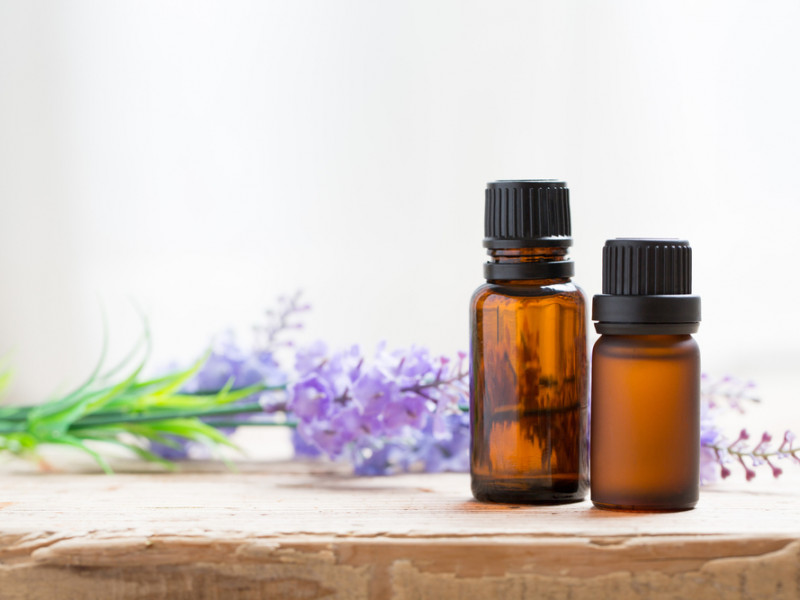
Insect bites
Getting bitten whilst on holiday, can in some locations, be expected, but if you are a tasty morsel you may end up with multiple bites that can not only cause extreme irritation and itching, but can also run the risk of becoming infected.
Although not scientifically proven, many people swear by the positive effects of eating garlic several days before a trip and throughout their holiday, in the thought that the odour, which seeps through your skin, repels insects and helps prevent bites. Suggested amounts to consume is about 2 cloves a day, although after eating this daily it may not just be the insects that start to avoid you.
If you don’t like the thought of wearing ‘Eau de garlic’ on your holidays, you will be pleased to know that there are a few nicer smelling plants that can also be effective in keeping the bugs away. Lemon balm, peppermint and lavender are all smells that repel bugs and can be bought in the form of essential oils, which can be diluted in water or cream and applied to the skin directly to make you less edible.
Intolerable itching of the skin can occur after insect bites, which can be helped and alleviated with the help of baking soda. Adding a cup full of baking soda to a bath is an excellent way of alleviating itchy skin, and can help give some much needed relief. Applying a milk compress to insect bites as explained above for sunburn can also be effective in keeping the inflammation and swelling down.
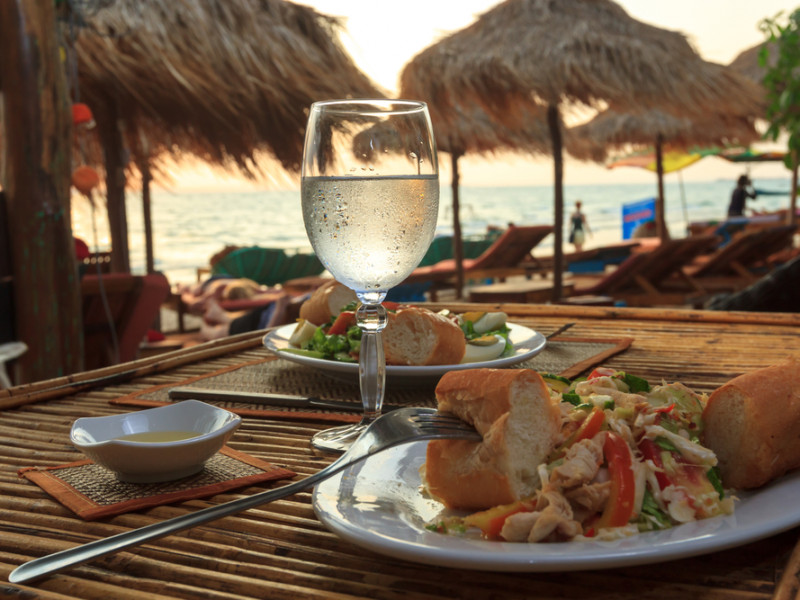
Food poisoning
Food often plays a huge part in most people’s holiday. Trying new foods and eating out as opposed to having to cook, is a real treat for many, however this can soon turn into a nightmare should you eat something that gives you a dodgy stomach or full blown food poisoning. There is nothing that ruins a dream holiday faster than a bout of food poisoning and instead of seeing the local sights you are instead restricted to familiarising yourself with the hotel bathroom.
It is unfortunately almost impossible to tell if foods are safe just by looking at them, although in some cases a bad odour can act as an indicative sign, but not in all cases. The foods most at risk from contamination are raw meats, fish/shellfish and ready to eat foods such as pate, sliced meats and soft cheeses all of which can spoil quickly, especially in hot temperatures or upon exposure to contaminants. If you are holidaying in places where the tap water is not drinkable, be careful of salad type produce that may have been washed in local tap water as opposed to bottled water and which therefore could be contaminated.
Holiday buffets can be notorious, especially if you don’t know how long foods have been left out in the ‘elements’. Ideally make food choices that you know have been freshly cooked and have been heated thoroughly before eating them. If you have uncertainty about a specific food or eating premises stick with the thought of ‘if in doubt don’t’. If you do become ill the most important thing is to remain hydrated as much as possible, having small but frequent sips of water.
When you do start to get your appetite back, for the first few days only eat foods that are easy to digest and gentle on the stomach. These include, rice, bananas, toast, potatoes and chicken or vegetable broth. Having a little bit of marmite on the toast can also be beneficial as it will help replace the salt you have lost as well as containing electrolytes such as potassium and magnesium, which the body will have lost during sickness and bowel movements.
There are many foods which have a natural antibacterial and antimicrobial effect, that have potential to be very useful for helping prevent and also alleviating symptoms of stomach upsets and food poisoning. Lemon juice and basil leaves are two such foods, which have powerful properties that can help guard against some food contaminants. Squeezing lemon juice on foods before eating or drinking freshly made lemon juice drinks regularly or whilst on holiday can be helpful in protecting you against some bacteria. Basil is also effective in helping alleviate diarrhoea, as well as being helpful at treating stomach spasms, both of which can be symptoms of food poisoning.
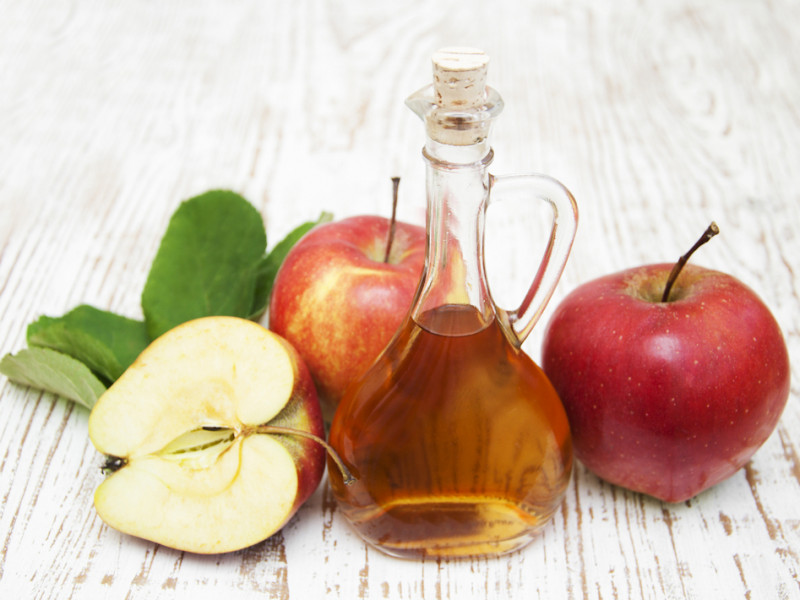
Blisters
If your holiday will be spent doing more walking than lounging, then best be prepared for the potential blister that could make your sightseeing rather painful. Obviously wearing correct foot wear goes without saying, however blisters can still raise their ugly head especially when your feet are sweaty in hotter temperatures. Making sure you have some witch hazel to hand is a must, as this can be easily applied to the blisters and help dry them out thanks to the tannins it contains. Apple cider vinegar is another excellent natural remedy that has both antibacterial properties and anti-inflammatory properties so its application to blisters can reduce the possibility of infection and reduce the pain and throbbing associated with them. Simply soak your blister (or entire foot) in a small bowl of water which contains 4-5 tablespoons of apple cider vinegar or alternatively use a cotton tip to apply a small amount of apple cider vinegar straight onto the blister.
Hopefully you are able to avoid all of the above mishaps whilst holidaying this year, but if not, many of the ingredients mentioned above can both be easily packed and taken with you, or bought in local stores. Wherever you are off to this year, we wish you safe travels and a fun filled holiday!
References:
- The in vitro antibacterial activity of dietary spice and medicinal herb extracts, 2007. International Journal of Food Biology
- Functional Properties of Vinegar, 2014. Journal of Food Science
- Green tea polyphenolic antioxidants and skin photoprotection (Review), 2001. International Journal of Oncology
- Antimicrobial Activity of Olive Oil, Vinegar, and Various Beverages against Foodborne Pathogens, 2007. Journal of Food Pathology



